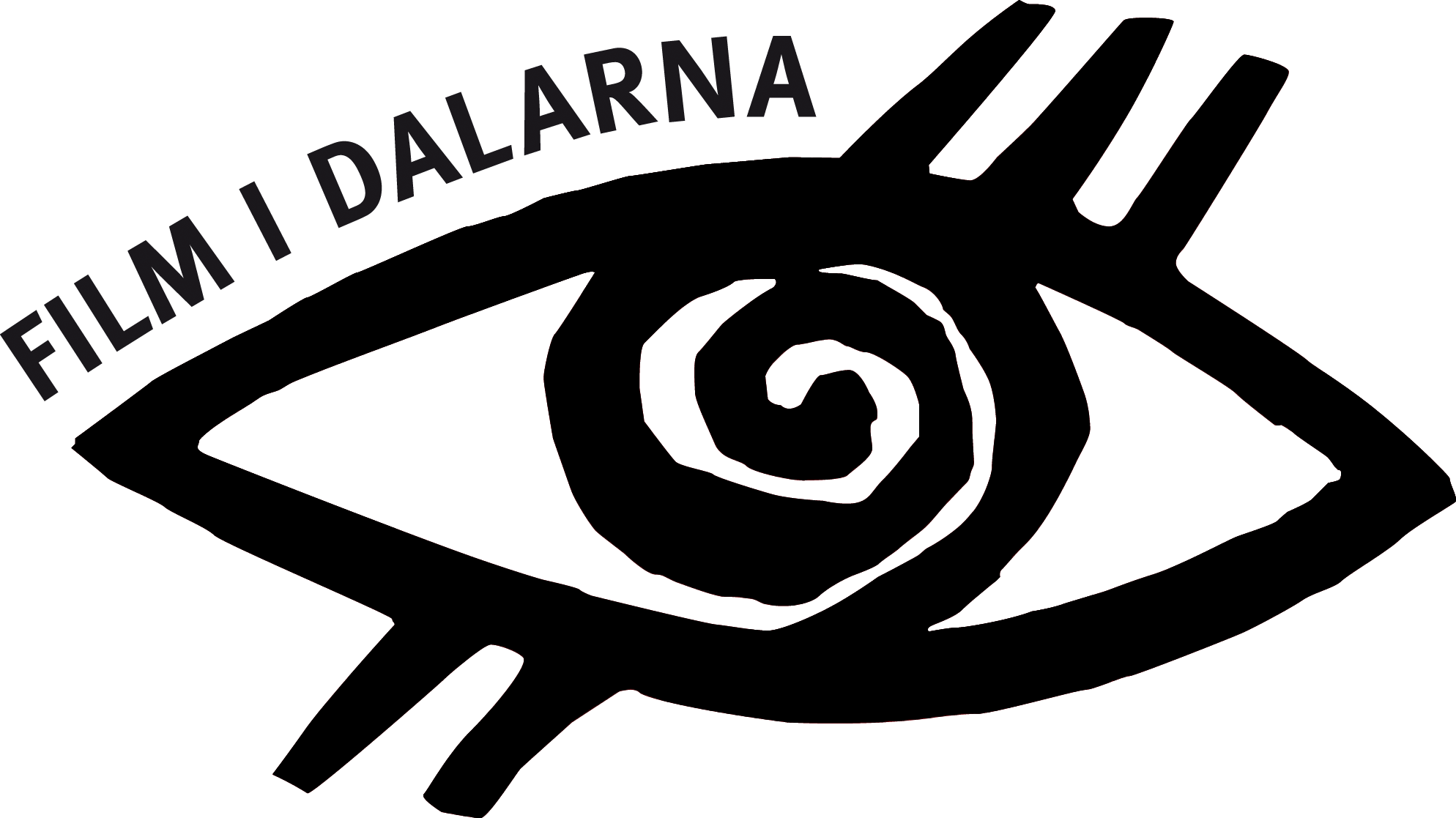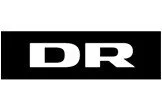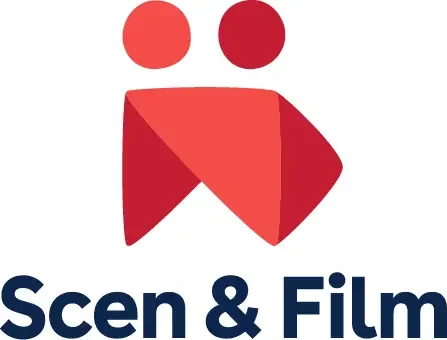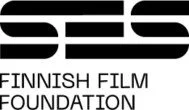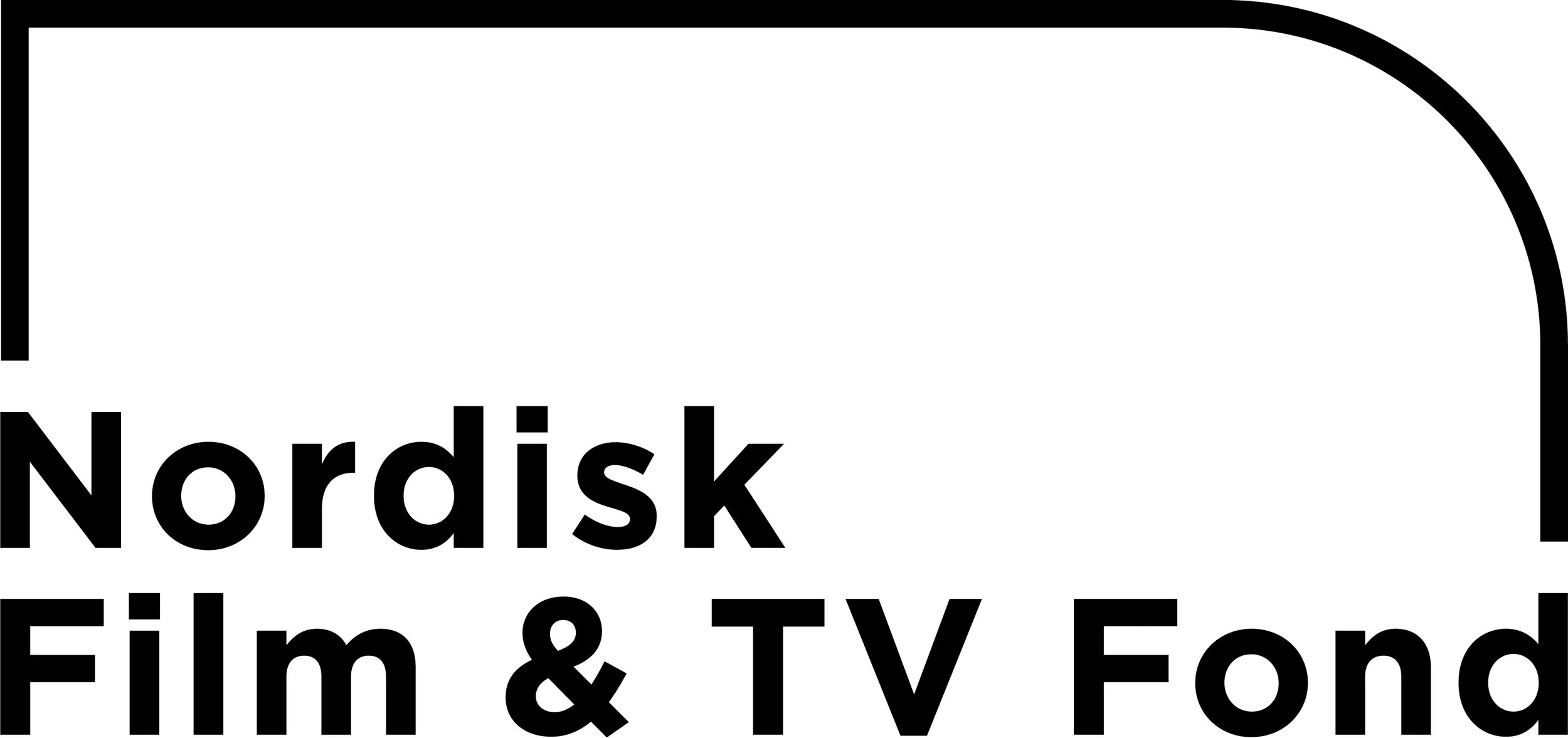
NORDIC ECOLOGICAL STANDARD - NES
The Nordic film and television industry reaches an audience of millions every day—and with it comes a responsibility to produce content in ways that respect our planet.
To meet this challenge, industry stakeholders across the Nordic region have united to establish the Nordic Ecological Standard (NES): a shared commitment to sustainable audiovisual production. The NES, inspired by international best practices and adapted to the Nordic context, sets clear, evolving guidelines that promote eco-friendly practices across all stages of production.
Backed by a growing coalition of broadcasters, producers’ associations, film funding institutions, and more, this standard supports a greener future—where art and industry meet environmental responsibility.
Members of the NES working group
Photos by Sami KuokkanenHow is the ecological standard structured?
The ecological standard is divided into six categories:
General Requirements
Personnel and Material Transport
Energy Use
Accommodation and Catering
Use of Materials
Biodiversity
These categories contain both mandatory and target requirements. The mandatory requirements must be met, whereas the target requirements are not to be understood as strict regulations, but as an appeal for ecologically sustainable production methods.
The NES
Cinema, TV, and online/VoD productions generate high CO₂-eq emissions and consume substantial resources. A significant share of these emissions can be avoided by adopting more environmentally friendly production systems that conserve energy and materials.
For this reason, a coalition of Nordic broadcasters, producers’ associations, film institutes, regional film funds, and others have agreed on a uniform Nordic Ecological Standard (NES) for audiovisual productions. The NES builds on the German and Austrian Ecological Standards introduced in 2022.
Who does the standard apply to?
The ecological standards can be applied to all Nordic cinema, TV, and online/VoD productions. Each participating partner may choose to make a voluntary commitment to the standard.
Where does the standard apply?
The ecological standards apply to all stages of production from pre- to postproduction, irrespective of whether the production is based in the Nordics or abroad.
Contact us
An essential element of the NES is that the standard will be regularly reviewed, refined, and adapted to reflect current working conditions as well as new insights and developments in sustainability. This process depends on active collaboration across the entire Nordic film and television community, with open exchange of information, input, and feedback.
We welcome contributions from everyone involved in shaping the future of sustainable production.
NES Desk
Patrik Axén, NES project manager
E-mail: patrik.axen[a]filminstitutet.se
Phone: +46 700 37 98 36
Adress: Borgvägen 1-5, Stockholm, Sweden


